
By: Robert St. Martin
Los Angeles, CA (The Hollywood Times) 7/16/2024 – One interesting film series this summer in Los Angeles is Queer Rhapsody, running from July 19 through July 28 at the UCLA Hammer Museum and 4 other theatrical venues in the city. This program is organized by the UCLA Film & Television Archives with support from the Andrew J. Kuehn, Jr. Foundation and Robert Gore Rifkind Foundation. The series includes films that were recently screened at Frameline 48, San Francisco’s LGBTQ+ film festival.
See the schedule posted on the UCLA Hammer website for details about the films and locations: https://www.cinema.ucla.edu/calendar
This first film in the Queer Rhapsody series is Second Nature, a wonderfully insightful and surprising film in which director Drew Denny takes the nature documentary to a whole new level in enlarging our understanding of gender and sexual diversity in the animal kingdom. Screening at Frameline 48 in San Francisco on Sunday, June 23, Second Nature shows us that Darwin was not right about everything related to evolutionary biology and that the natural world is far more diverse and complex than your average high school biology teacher may have led you to believe. From homosexual penguins and sex-transitioning fish to pregnant male seahorses and sexually dominant female bonobos, there are thousands of species that defy our expectations of gender and sexuality.
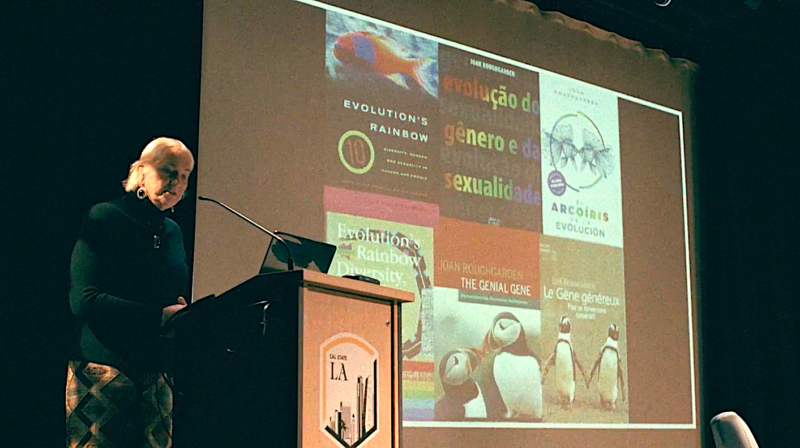
Did you know that clownfish change sex from male to female? Or that penguins parent in same-sex pairs? Or that bonobos, our closest living relative, are matriarchal and have same-sex sex every day?! Second Nature follows trans trailblazer Dr. Joan Roughgarden as she introduces viewers to queer, BIPOC, and immigrant scientists studying the 1500+ animals who prove that there’s nothing “inferior” about being female and nothing “unnatural” about being queer. Many unsung contemporary scientists, like evolutionary biologists Joan Roughgarden and Patricia Brennan and primatologist Amy Parish, have been zealously studying animal behavior and anatomy and exposing the myth of the gender binary for decades, despite ongoing resistance to their findings from the research establishment.
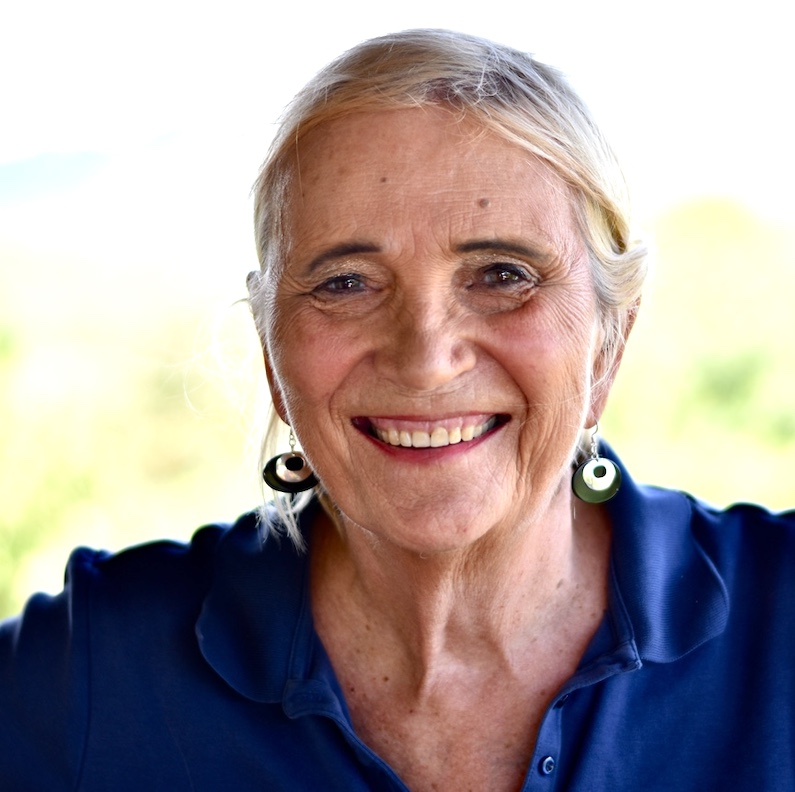
This medium-length documentary is a wake-up call for queer audiences who tend to focus only on humans and their current identity issues. A prolific writer and fine photographer, Dr. Joan Roughgarden is a Harvard-educated biologist who came out as transgender on the website on her 52nd birthday. Around the time of her transition, Roughgarden began to shift her research focus to Darwin’s theory of sexual selection. In her 2004 book, Evolution’s Rainbow, Roughgarden analyzes how biology can influence human sexuality and gender identity and explores the substantial diversity of mating systems and sexuality throughout the animal kingdom, with an eye toward understanding human sexual categories like gay, lesbian, and trans. In this book, and other articles around the same time, she offered criticism of sexual selection theory by providing examples of species that depart from its predictions (such as homosexual behavior in bonobos, elephants and lizards) as well as highlighting contradictions between population genetic theory and sexual selection theory.
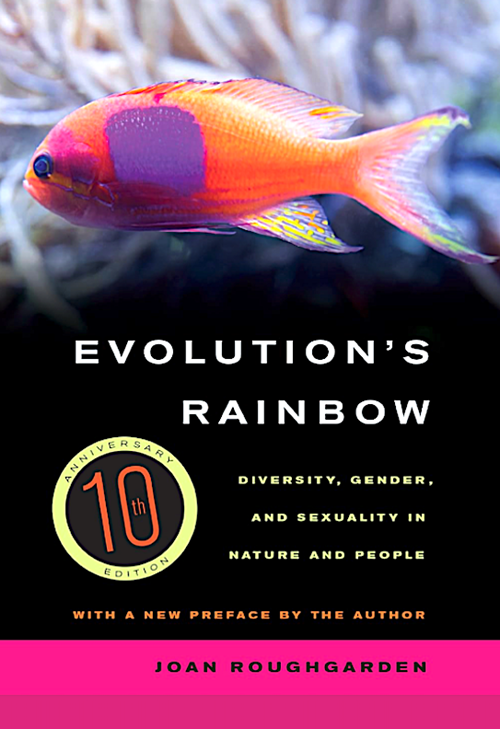
Dr. Joan Roughgarden provided the beginnings of an alternative theory to sexual selection called social selection, which she describes as being focused on natural selection based on differential offspring production, where sexual selection is focused on differential mating success. In 2012 she moved to Hawaii, where she became an adjunct professor at the Hawai’i Institute of Marine Biology, where she advised Ph.D. students and postdoctoral fellows. Roughgarden has authored books and over 180 scientific articles.
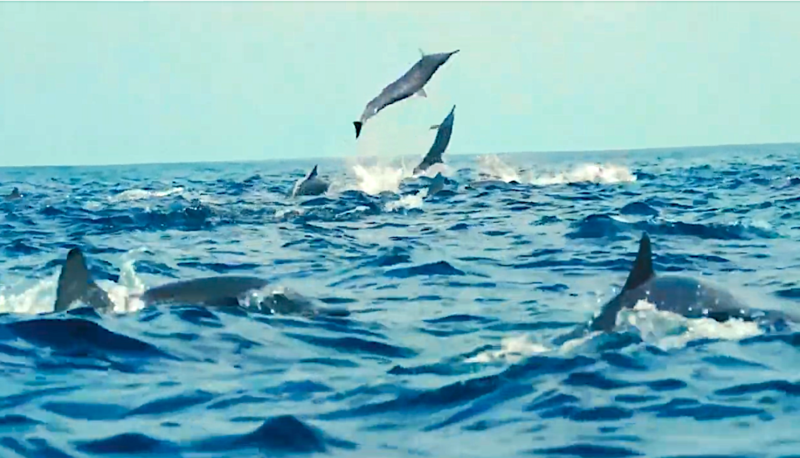
In the film, we meet Amy Parish, a biological anthropologist, primatologist, and Darwinian feminist who has taught at University of Southern California in the gender studies, arts and letters, anthropology, and preventive medicine programs and departments since 1999. The popular belief that women are not naturally able to bond with each other is often supported by theoretical and empirical evidence that unrelated females do not bond in nonhuman primate species. Bonobos (rare and endangered African apes, also known as pygmy chimpanzees) are (with their congener, chimpanzees) the closest living relatives of humans and appear to be an exception to this characterization.
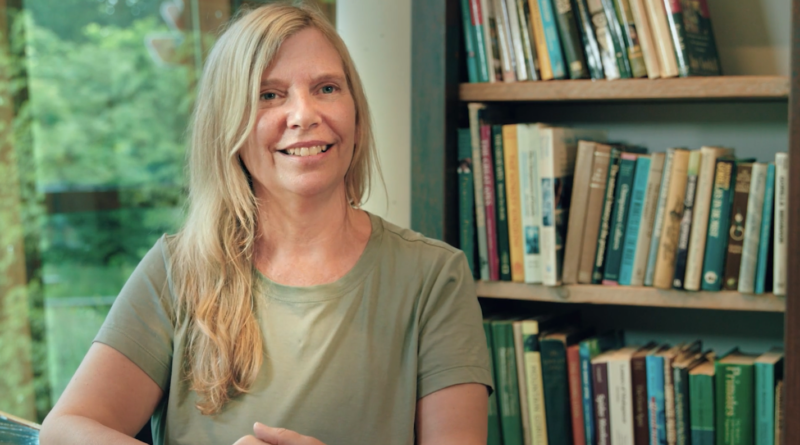
Bonobos females are remarkably skillful in establishing and maintaining strong affiliative bonds with each other despite being unrelated. Moreover, they control access to highly desirable food, share it with each other more often than with males, engage in same-sex sexual interactions in order to reduce tension, and form alliances in which they cooperatively attack males and inflict injuries. Their power does not stem from a size equality with or advantage over males (in fact, females average 82.5% of male size), but rather from cooperation and coalition formation.
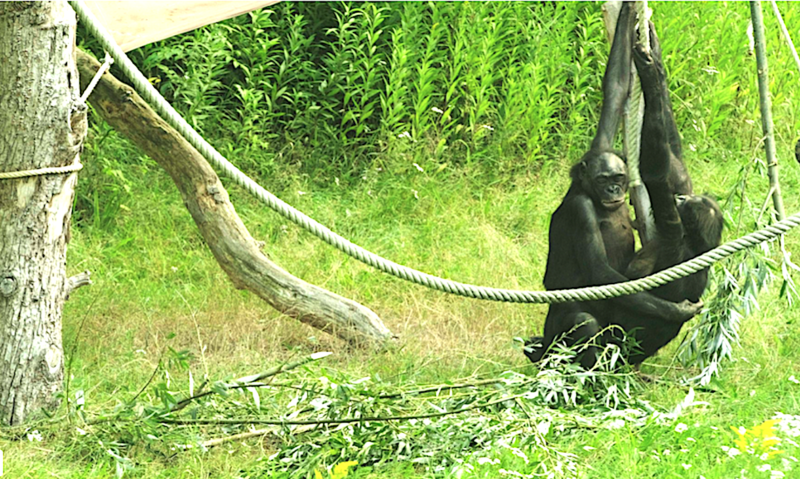
A set of delightful interviews with Patricia Brennan captures our attention in her study of animal genitalia including giant duck penises and corkscrew vaginas. Brennan is interested in the morphological evolution of genital morphology in vertebrates, and the mechanisms that drive genital diversification, sexual conflict in particular. Originally from Colombia, she has studied the cardiac physiology of marine mammals and done work in the Galapagos Islands aboard a research vessel.
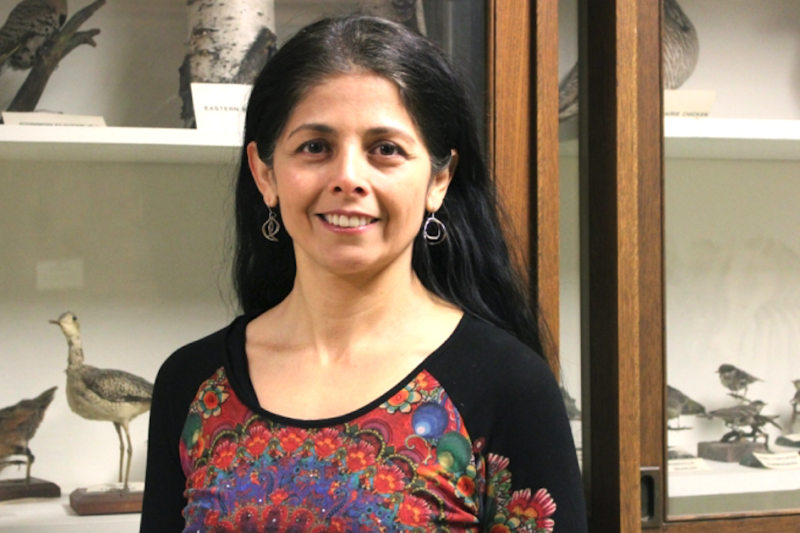
Rounding out the experts in the documentary is Dr. Joseph Graves, Professor of Biological Science at North Carolina AT&T State University, who has spent his life studying genetics and has used that knowledge to understand the many assumptions we have about race. Dr. Graves started his career in science experiencing isolation and discrimination due to his ethnicity. He has since used his expertise and knowledge to not only prove the existence of institutional racism and bias in academia but show ways we can encourage the participation and integration of more minorities in science.
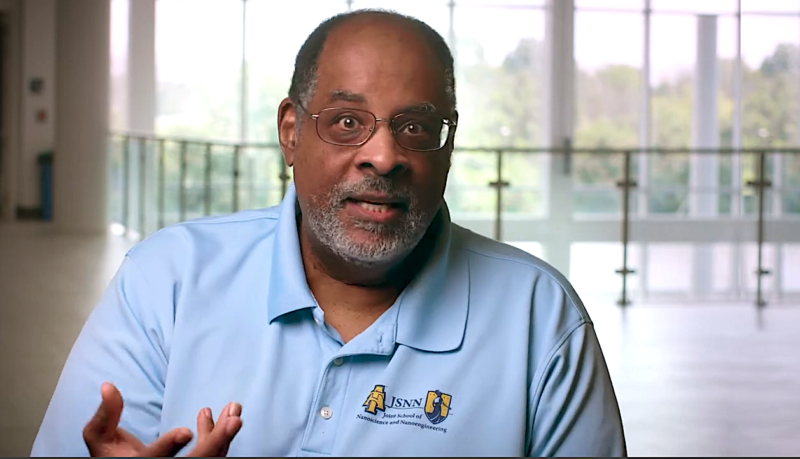
The filmmaker Drew Denny is a Sundance Fellow who is passionate about representing femme and LGBTQ+ characters in documentary, narrative, commercial, and multimedia projects. Her film Momster, starring Amanda Plummer and Brianna Hildebrand, premiered at the Tribeca Film Festival where it was selected for their debut Pride program where it was called “Tarantino and Nicolas Winding Refn’s queer feminist love child.” She runs Allies in Arts, the non-profit behind Transchool, a paid class for trans youth writers and moonlights in a band called HIPS. Drew Denny’s short Queer Habits (2015) is unbelievably true story of a troupe of drag queen nuns who save a rural, homophobic community from ruin
Second Nature was a recipient of a Frameline Completion Fund grant. The screening of Second Nature at the UCLA Hammer occurs on July 19, 2024, 7:30 pm, at the Billy Wilder Theatre of the UCLA Hammer Museum in Westwood.

Tickets are free, but you need to reserve a ticket ahead at: https://www.cinema.ucla.edu/events/2024/07/19/second-nature.